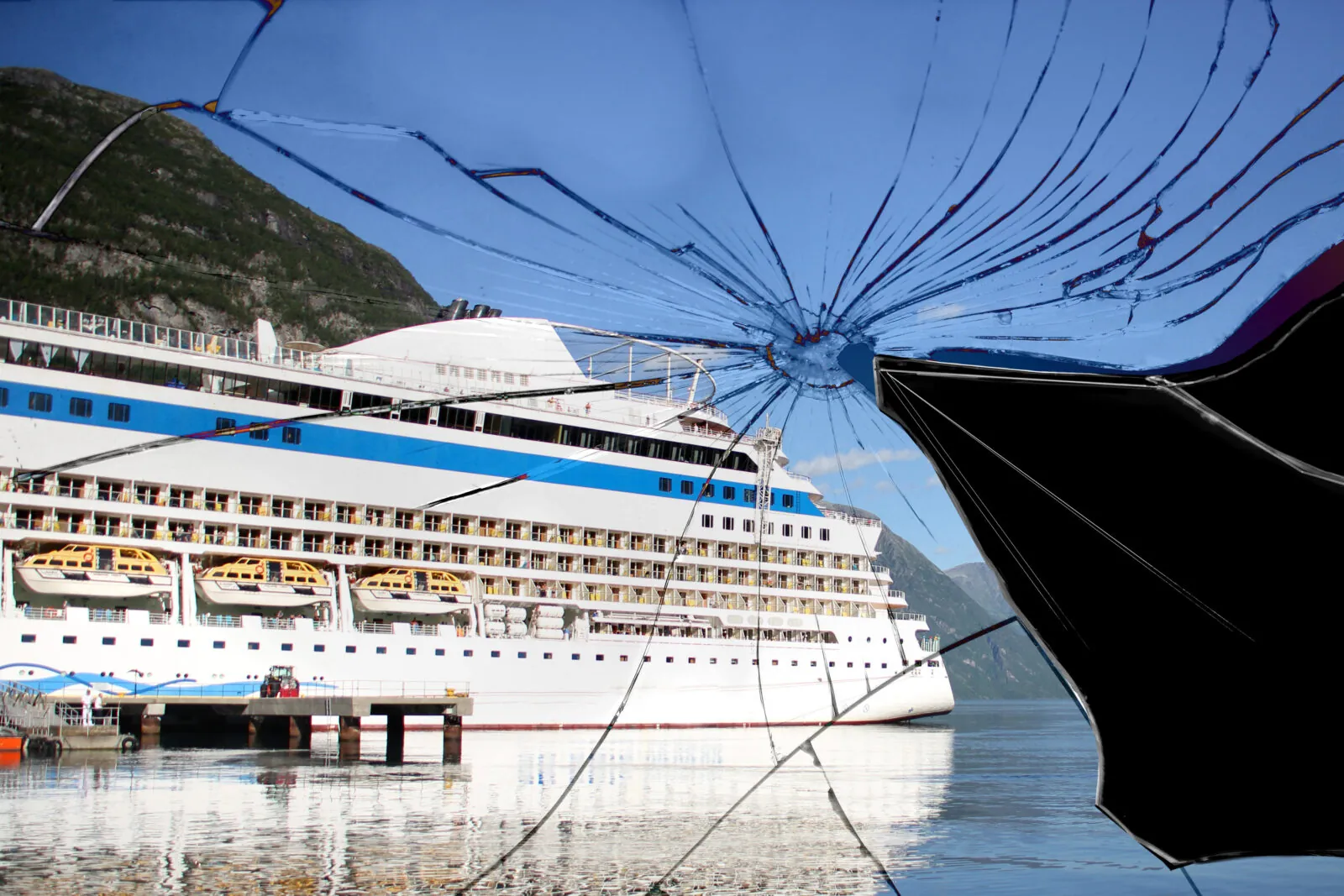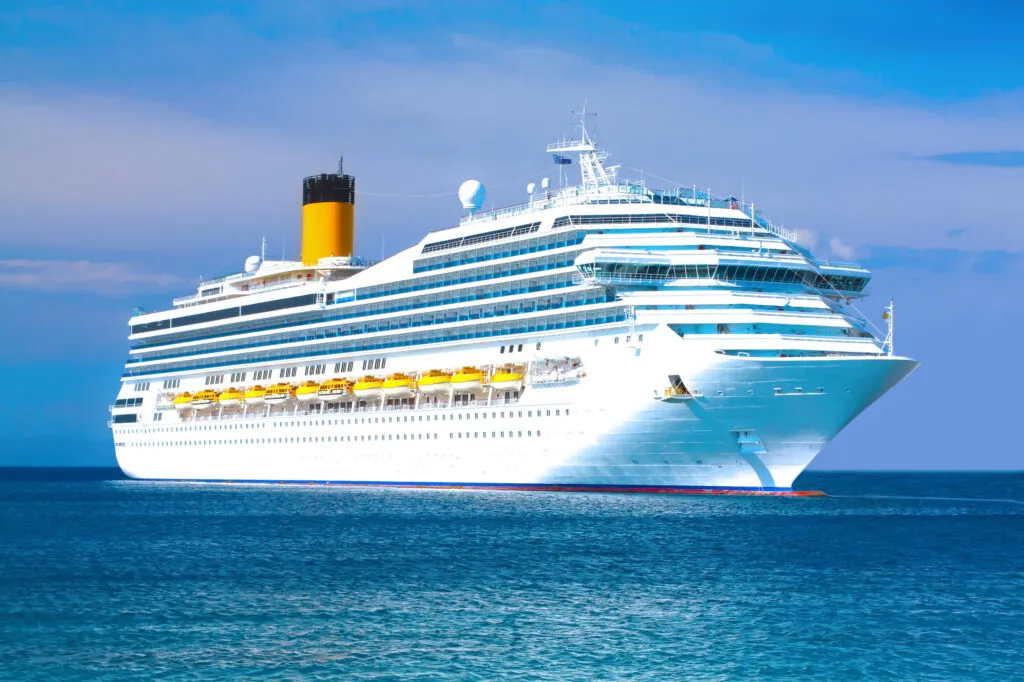Cruise vacations are meant to be relaxing and enjoyable, but accidents can happen even on the high seas. Whether it’s a slip on a wet deck, medical negligence, or an onboard accident, injuries on cruise ships can lead to significant physical, emotional, and financial challenges. If you’ve been injured on a cruise ship, understanding the potential settlement value of your injury claim is crucial to securing the compensation you deserve.
This comprehensive guide explores everything you need to know about cruise ship injury settlement values, including how they are calculated, what factors influence the payouts, and tips for maximizing your compensation.
How to Calculate Cruise Ship Injury Settlement Value
Calculating the settlement value for a cruise ship injury involves assessing both economic and non-economic damages. It’s essential to understand the different types of compensation you may be entitled to receive.
Medical Expenses and Economic Losses
Economic damages include all direct financial losses resulting from the injury, such as:
- Medical bills (hospital visits, surgeries, medication, rehabilitation)
- Ongoing medical care and physical therapy
- Lost wages and loss of earning capacity
- Travel expenses for medical treatment
Non-Economic Damages: Pain and Suffering
Non-economic damages are more challenging to quantify but are equally important. These include:
- Physical pain and suffering
- Emotional distress and psychological trauma
- Loss of enjoyment of life
- Disfigurement and permanent disability
The settlement value is calculated by adding up all economic damages and assigning a monetary value to non-economic damages. Typically, the total amount of economic damages is multiplied by a factor ranging from 1.5 to 5, depending on the severity of the injury and its long-term impact on the victim’s life.
Factors Influencing Cruise Injury Settlement Value
Several factors can significantly impact the value of a cruise ship injury settlement. Understanding these elements can help you better estimate your potential compensation.
- Severity of Injury and Long-term Impact
The severity of the injury and its long-term effects are among the most significant factors influencing settlement value. For example, severe injuries like spinal cord damage or traumatic brain injuries generally result in higher compensation due to extensive medical costs and long-term disability.
- Liability and Negligence by the Cruise Line
To secure compensation, you must prove that the cruise line or its employees were negligent. This could involve demonstrating that the cruise line failed to:
- Maintain safe conditions on board
- Provide adequate medical care
- Properly train staff to handle emergencies
- Emotional Distress Compensation on Cruises
Emotional distress and psychological trauma are common after severe injuries or traumatic incidents. Compensation for emotional distress is typically awarded when the injury results in anxiety, depression, or other psychological impacts.
- Contributory Negligence
If you were partially responsible for the accident, your compensation might be reduced. Maritime laws vary, but in some cases, if the victim is found partially at fault, the settlement amount could be decreased by their percentage of responsibility.
Average Payouts for Cruise Ship Accidents
The average payout for cruise ship accidents varies depending on the severity of the injury, liability, and other influencing factors. Here’s an overview of average settlements:
- Minor Injuries: $5,000 to $25,000 – Includes minor slips, trips, and falls with temporary medical treatment.
- Moderate Injuries: $25,000 to $100,000 – Injuries requiring surgery, physical therapy, or extended medical care.
- Severe Injuries: $100,000 to $1 million or more – Catastrophic injuries leading to long-term disability, permanent disfigurement, or emotional distress.
These figures are averages, and actual settlements can be higher or lower depending on the case’s specific circumstances.
Legal Rights and Responsibilities of Injured Cruise Passengers
Cruise passengers have legal rights under maritime law, which governs incidents on international waters. Understanding these rights is essential for filing a claim or lawsuit.
Cruise Line Liability for Injuries
Cruise lines are obligated to provide a safe environment for passengers. They can be held liable for injuries resulting from:
- Negligent security or safety measures
- Unreasonably dangerous conditions (e.g., wet decks, broken railings)
- Medical malpractice by onboard medical staff
Maritime Injury Lawsuit Settlement Process
If you decide to file a maritime injury lawsuit, the process typically involves:
- Filing a Notice of Claim – Most cruise lines require passengers to file a notice of claim within six months of the injury.
- Filing a Lawsuit – You must file a lawsuit within one year of the incident. Maritime law’s statute of limitations is shorter than standard personal injury claims.
- Discovery and Negotiation – Gathering evidence, medical records, and witness statements.
- Settlement Negotiation or Trial – Most cases are settled out of court, but if an agreement cannot be reached, the case may go to trial.
Should You Hire a Cruise Ship Personal Injury Lawyer?
Navigating maritime law and negotiating with cruise lines or their insurance companies can be challenging. Hiring a cruise ship personal injury lawyer can significantly increase your chances of maximizing compensation.
Benefits of Hiring a Lawyer
- Expert knowledge of maritime laws and regulations.
- Professional negotiation skills to counter low settlement offers.
- Accurate evaluation of your claim’s value, ensuring all damages are considered.
- Legal representation during settlement negotiations or trial proceedings.
When to Consider Legal Representation
If your injury is severe, involves medical negligence, or the cruise line disputes liability, consulting with a personal injury lawyer is highly recommended.
Tips for Negotiating a Cruise Ship Injury Settlement
Successful negotiation is critical to securing a fair settlement. Here are some practical tips:
- Document Everything: Collect medical records, accident reports, witness statements, and photographs.
- Know Your Claim’s Value: Understand the value of economic and non-economic damages before entering negotiations.
- Avoid Quick Settlements: Insurance companies often offer quick, lowball settlements. Be patient and negotiate for a fair amount.
- Consult with a Lawyer: Legal advice ensures that you don’t settle for less than what you deserve.
Frequently Asked Questions (FAQs)
What is the average settlement for a cruise ship injury?
The average settlement for a cruise ship injury varies widely depending on the severity of the injury, the level of negligence involved, and the impact on the victim’s life. Minor injuries may settle for $5,000 to $25,000, while more serious injuries requiring extensive medical treatment or resulting in long-term disability can reach settlements of $100,000 or more. In catastrophic cases, settlements can exceed $1 million. It is essential to understand that each case is unique, and the actual settlement amount depends on the specific circumstances surrounding the injury.
How are cruise ship injury settlements calculated?
Cruise ship injury settlements are calculated by combining economic and non-economic damages. Economic damages include medical expenses, lost wages, future earning potential, and other financial losses directly related to the injury. Non-economic damages cover pain and suffering, emotional distress, and loss of enjoyment of life. Typically, the total amount of economic damages is multiplied by a factor (usually between 1.5 and 5) to estimate non-economic damages. This multiplier depends on the severity of the injury, the level of negligence, and the long-term impact on the victim’s life.
Can I sue a cruise line for medical negligence?
Yes, you can sue a cruise line for medical negligence if you can prove that the medical staff on board failed to provide adequate care or acted negligently, leading to harm or worsening of your condition. Medical negligence claims on cruise ships can be complex due to international maritime laws and the cruise line’s legal defenses. Consulting with a maritime injury lawyer is crucial to navigating these complexities and building a strong case.
Should I hire a lawyer for a cruise injury claim?
Hiring a lawyer for a cruise injury claim is highly recommended, especially in cases of severe injury, medical negligence, or disputed liability. Maritime law is complex, and cruise lines are well-prepared with legal teams to defend against claims. An experienced maritime injury lawyer can accurately assess your claim’s value, negotiate with the cruise line or their insurance company, and represent you in court if necessary, ensuring you receive the compensation you deserve.
What factors influence cruise ship accident payouts?
Several factors influence cruise ship accident payouts, including the severity of the injury, the degree of negligence by the cruise line, medical expenses, lost wages, and emotional distress. Additionally, the cruise line’s liability, the impact on the victim’s quality of life, and whether the victim was partially responsible for the accident also affect the settlement value. Maritime laws governing passenger injuries and the jurisdiction where the lawsuit is filed can further influence the payout amount.
Contact The Cruise Injury Law Firm Today
Cruise ship injury settlements can be complex, requiring a thorough understanding of maritime law and careful evaluation of damages. By understanding how settlements are calculated and what factors influence payouts, you can better navigate the compensation process.
If you’ve been injured on a cruise ship, don’t let the cruise line minimize your settlement. Contact The Cruise Injury Law Firm today to ensure you receive the compensation you deserve.




